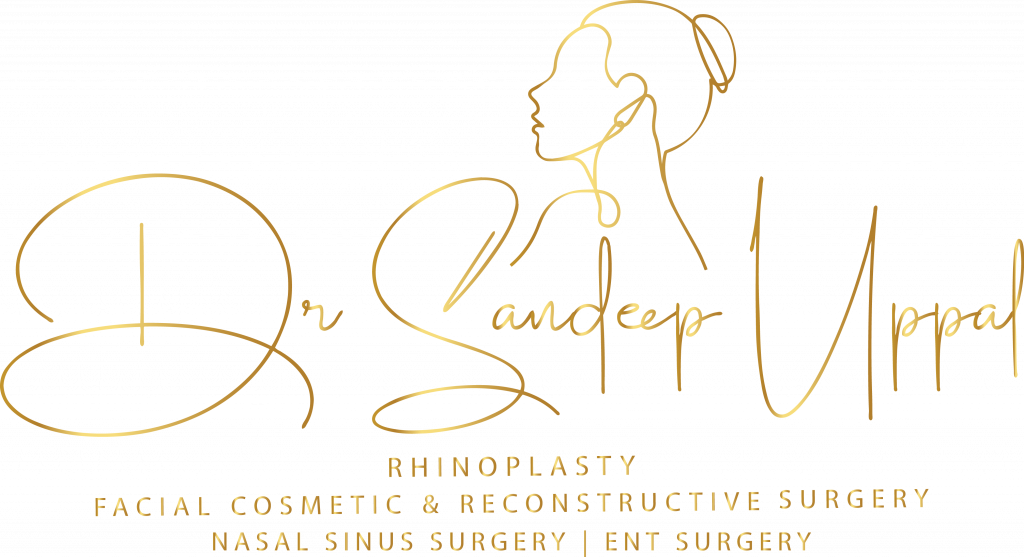SKIN CANCER PREVENTION: A COMPREHENSIVE GUIDE
Skin cancer is one of the most diagnosed types of cancer worldwide. While certain risk factors like genetics and age cannot be changed, many lifestyle choices can significantly reduce the risk of developing this disease. This guide aims to offer comprehensive advice on the prevention of skin cancer.
- Sun Protection
- Sunscreen
- Usage: Apply a broad-spectrum sunscreen with at least SPF 30 to all exposed skin, even on cloudy days or during winter months.
- Reapplication: Every two hours and immediately after swimming or sweating.
- Protective Clothing
- Clothes: Wear long-sleeved shirts, long pants, and wide-brimmed hats.
- Sunglasses: Choose sunglasses that block both UVA and UVB rays.
- Shade
- Avoid Sunbathing
- Seek shade especially between 10 a.m. and 4 p.m., when the sun’s rays are strongest.
- Avoid Tanning Bed
- Ultraviolet (UV) light from tanning beds can be more intense than natural sunlight and should be avoided.
- Avoid Tanning
- Avoid intentional tanning; a tan is a sign of skin damage.
- Regular Skin Checks
- Self-examination
- Examine your skin monthly, paying attention to moles, freckles, and any changes or new growths.
- Clinical Examination: Have a skin check-up by a healthcare provider annually, or as recommended based on your risk profile.
- Antioxidants: Foods rich in antioxidants like Vitamin C and Vitamin E can protect skin cells from damage.
- Hydration: Adequate hydration can help maintain skin health.
- Know Your Risk
- Family History: Having a family history of skin cancer increases your risk, so take extra precautions.
- Skin Type: Fair-skinned individuals are at a higher risk and should be more vigilant about sun protection.
- Previous History: If you’ve had skin cancer or precancerous lesions before, you’re at higher risk for a recurrence.
- Chemical Exposure: Limit exposure to carcinogenic substances like arsenic and coal tars. Use protective gear if occupational exposure is unavoidable.
- Vaccination: Some forms of skin cancer are linked to viruses like Human Papillomavirus (HPV). Consider getting vaccinated if you are eligible.
- Emotional and Mental Wellbeing
- Stress management through exercise, meditation, and other means may indirectly contribute to cancer prevention by improving overall health.
- Sunscreen
CONCLUSION
While it’s impossible to completely eliminate the risk of skin cancer, taking these preventative measures can significantly reduce your likelihood of developing it. A holistic approach that includes sun protection, regular skin checks, a balanced diet, and emotional wellbeing is the most effective strategy for skin cancer prevention. Always consult your healthcare provider for personalized advice.
VIGILANCE AND ACTION: SKIN CANCER CONCERNS ADDRESSED BY DR SANDEEP
Worried about skin cancer? It’s time to take control. Schedule an appointment with Dr Sandeep for a thorough examination and expert advice on skin cancer prevention and management. We’re here to address your concerns with proactive assessments and preventive care.
Don’t wait to take charge of your skin health. Secure your peace of mind by making an appointment today. Click here to access our booking system.


